Published
3 years agoon
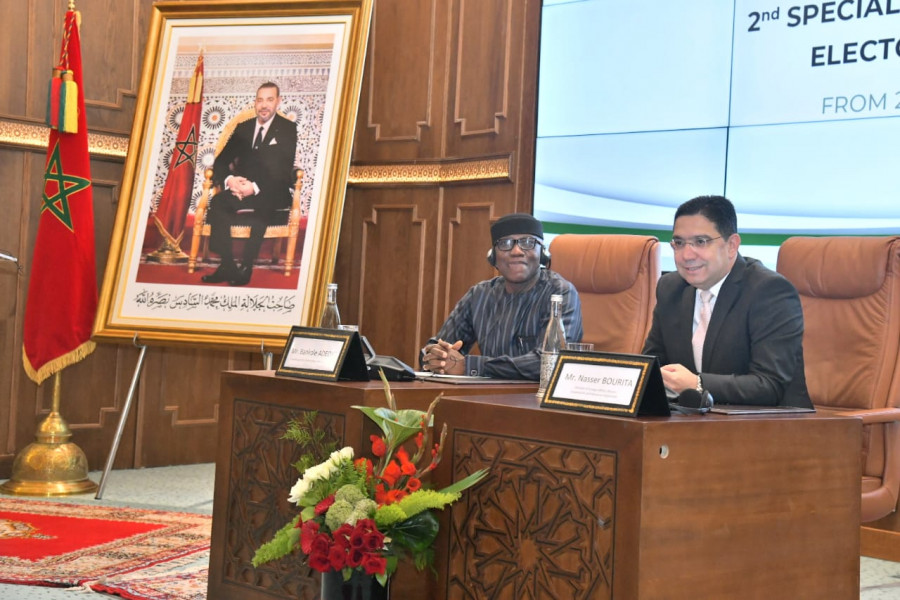
Minister of Foreign Affairs, African Cooperation and Moroccan Expatriates, Nasser Bourita, stated on May 23 in Rabat that Morocco is committed to strengthening institutional resilience in Africa.
Speaking at the opening of the second round of training of African election observers, which Bourita co-chairs with the Commissioner for Political Affairs, Peace and Security (PAPS), Bankolé Adeoye, the Moroccan minister stated that “from words to actions, our work in the Peace and Security Council (PSC) of the African Union (AU) since 2022 has focused on highlighting the interdependencies between institutional resilience, stability and prosperity of Africa.”
The Moroccan official said that this second cycle reflects an important cooperation aspect with the Department of Political Affairs, Peace, and Security (PAPS) at the African Union (AU), noting that since its reinstatement in the African Union (AU), Morocco has worked in partnership with Commissioner Adeoye on several topics, such as the promotion of peace, the fight against climate change, and the training of election observers.
Bourita also added that this training cycle coincides with Africa Day which is celebrated on May 25.
“We are in the process of being included in the department’s priorities by supporting the ministry’s actions within the framework of a constructive partnership so that Africa, through the African Union (AU) and this department, can rely on member states,” affirmed Bourita.
The Moroccan official noted that “this willingness emanates from the High Directives of His Majesty King Mohammed VI, aimed at contributing with all Africans in the emergence of an Africa that is in charge of its own electoral processes and provides itself with solid and credible institutional capacities to carry out these processes.”
Bourita was also pleased with “the number of participants this year, which is almost double the number of participants from last year, which reflects this training’s relevance for the participants and for the Department of Political Affairs, Peace, and Security (PAPS).”
“This second cycle coincides with a rather particular African context, just like the rest of the world, characterized by security, health, political and economic crises,” added the Moroccan official.
Bourita also noted that this year’s cycle takes place in an election year par excellence in Africa, with at least 16 elections taking place this year, adding that “elections and good governance in Africa can sometimes be positive or ambiguous, and some countries are achieving important progress.”.
The minister said that Morocco has consistently warned about the governance/security nexus, noting that “democracy, through free elections, is the best way to silence the guns and it is the ‘tipping point’ to a sustainable and robust governance program.”
In this context, the Moroccan official noted that undoubtedly, all African states, without exception, are principally committed to the universal values of democracy and good governance.
“Political responsibility goes beyond values, but starts with them to better implement them,” stated the minister, further explaining that this notion has led Morocco to undertake several initiatives aimed at strengthening the institutional capacity of the African Union (AU) and its member states.
“If the African Union’s (AU) axiom aims, and rightly so, to prevent ‘unconstitutional change’, then each member state must create the conditions for it, within its own internal political, constitutional, and legal order; only then can principles and values have the internal force and international authority,” added the Foreign Minister.
Bourita said that Morocco’s commitment has given equal importance to mechanisms and processes of capacity building in good governance, especially in the areas of elections, stressing that the organization of this cycle is “the concrete reflection of Morocco’s commitment.”
In addition, the Moroccan minister gave an overview of Morocco’s electoral process, which has chosen for decades to build the model of a democratic and modern society, based on the rule of law, the participation of all citizens in political life, the separation of powers, the decentralization of power, the establishment of control mechanisms, and good governance.
Morocco hosts between May 23 and 26 the second round of training for African election observers, an essential step in strengthening the Morocco-African Union (AU) partnership in support of political governance in Africa.
Following a successful first edition, the second cycle is marked by a larger number of beneficiaries, which increased from 32 to 61, with 41 observers from the five regions of the continent, including 10 young Moroccan observers.
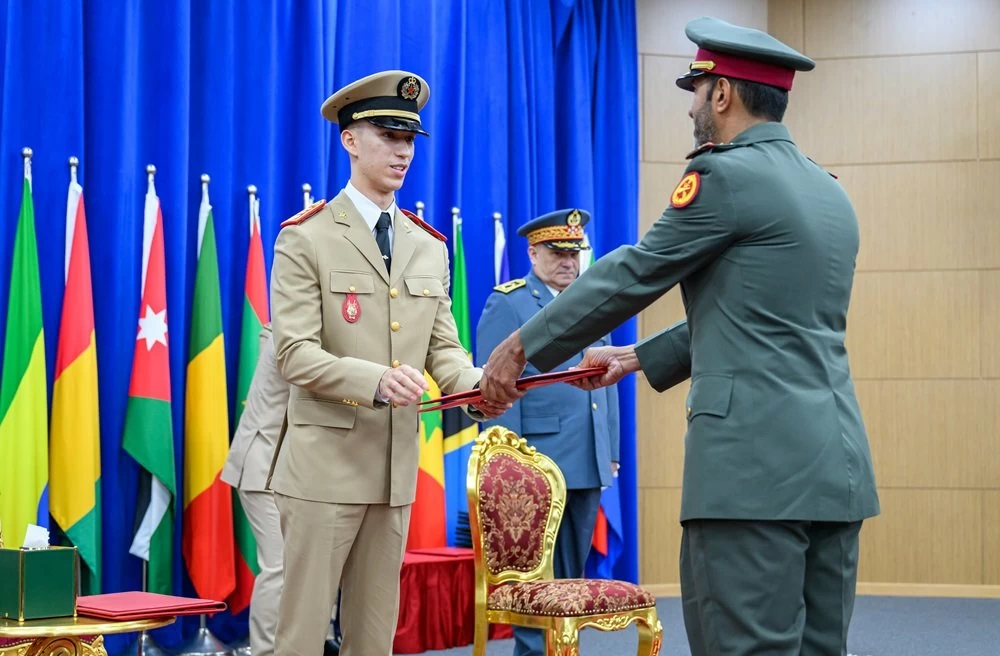

HRH Crown Prince Moulay El Hassan Chairs Graduation Ceremony of 24th Higher Defense Class, 58th General Staff Class
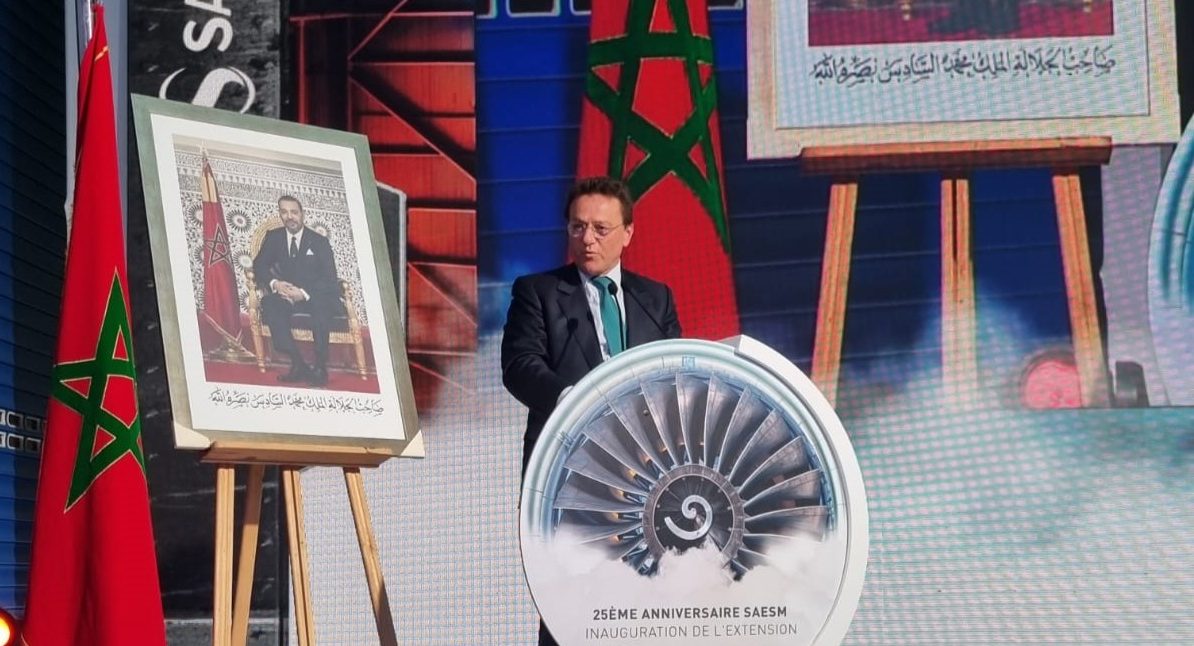
Berlin: Minister Mohamed Abdeljalil Expresses Morocco’s Commitment to Fight Against Climate Change
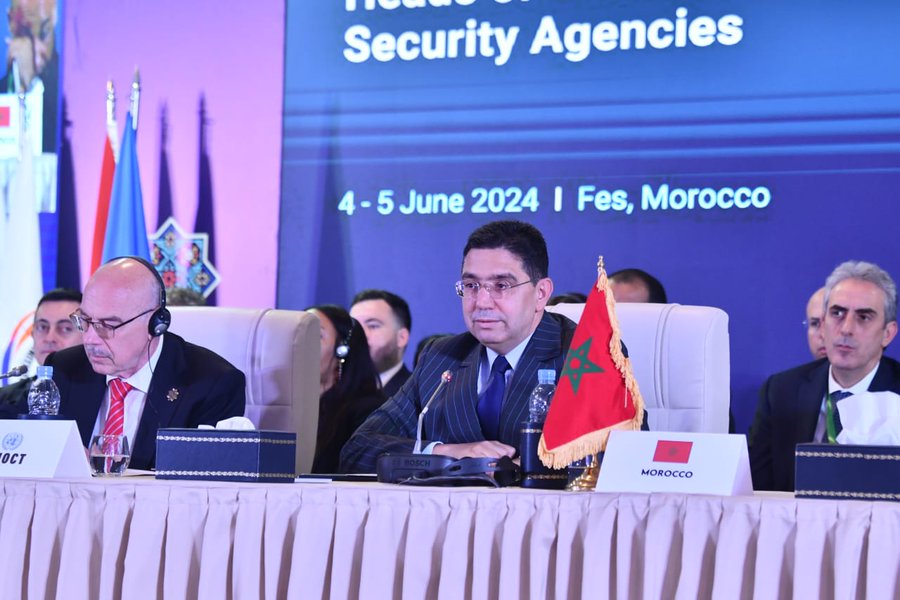

FM Nasser Bourita Sheds Light on Royal Vision Relating to African Cooperation in Counter Terrorism
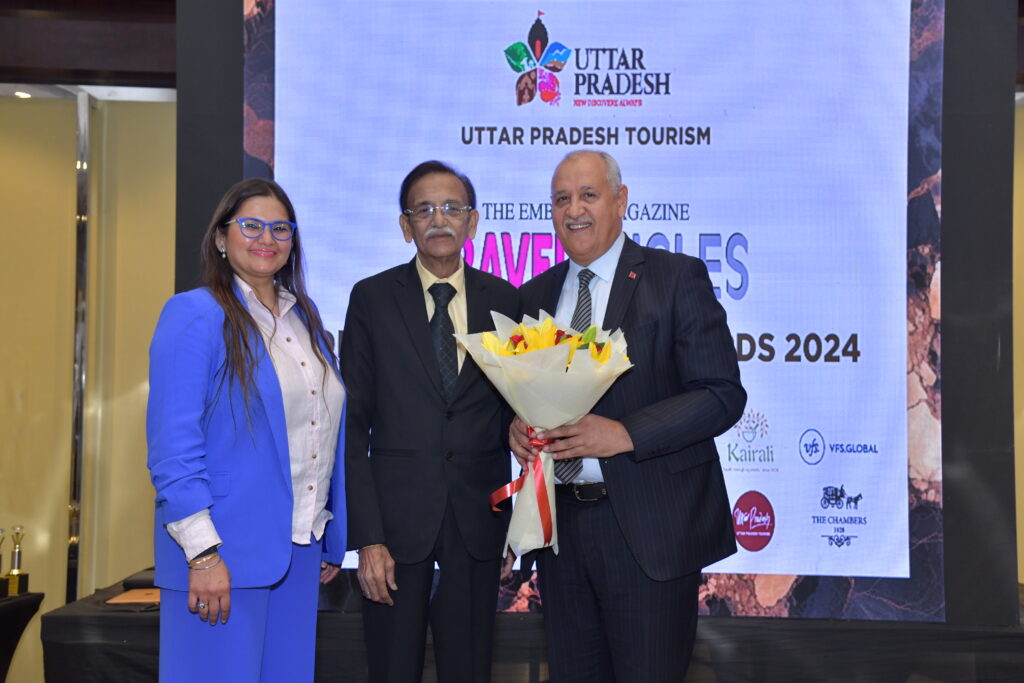

New Delhi: Morocco Named Most Vibrant Destination (TravelJingles)
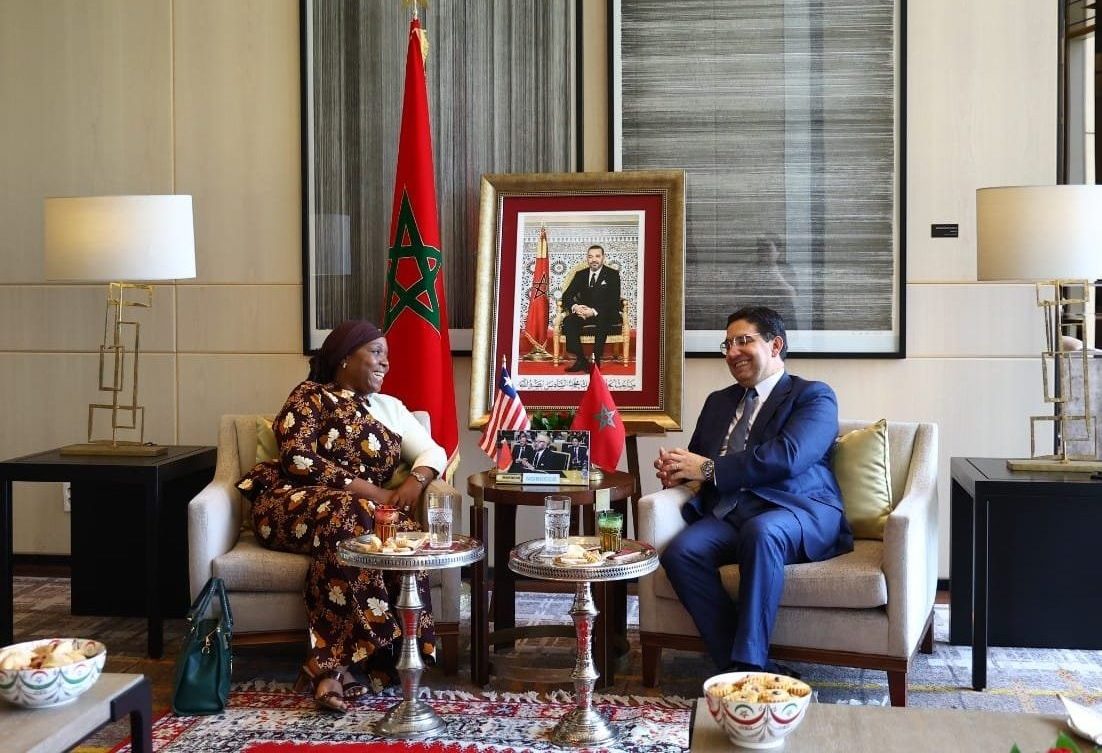

Liberia Reiterates Support For Morocco’s Sovereignty, Territorial Integrity
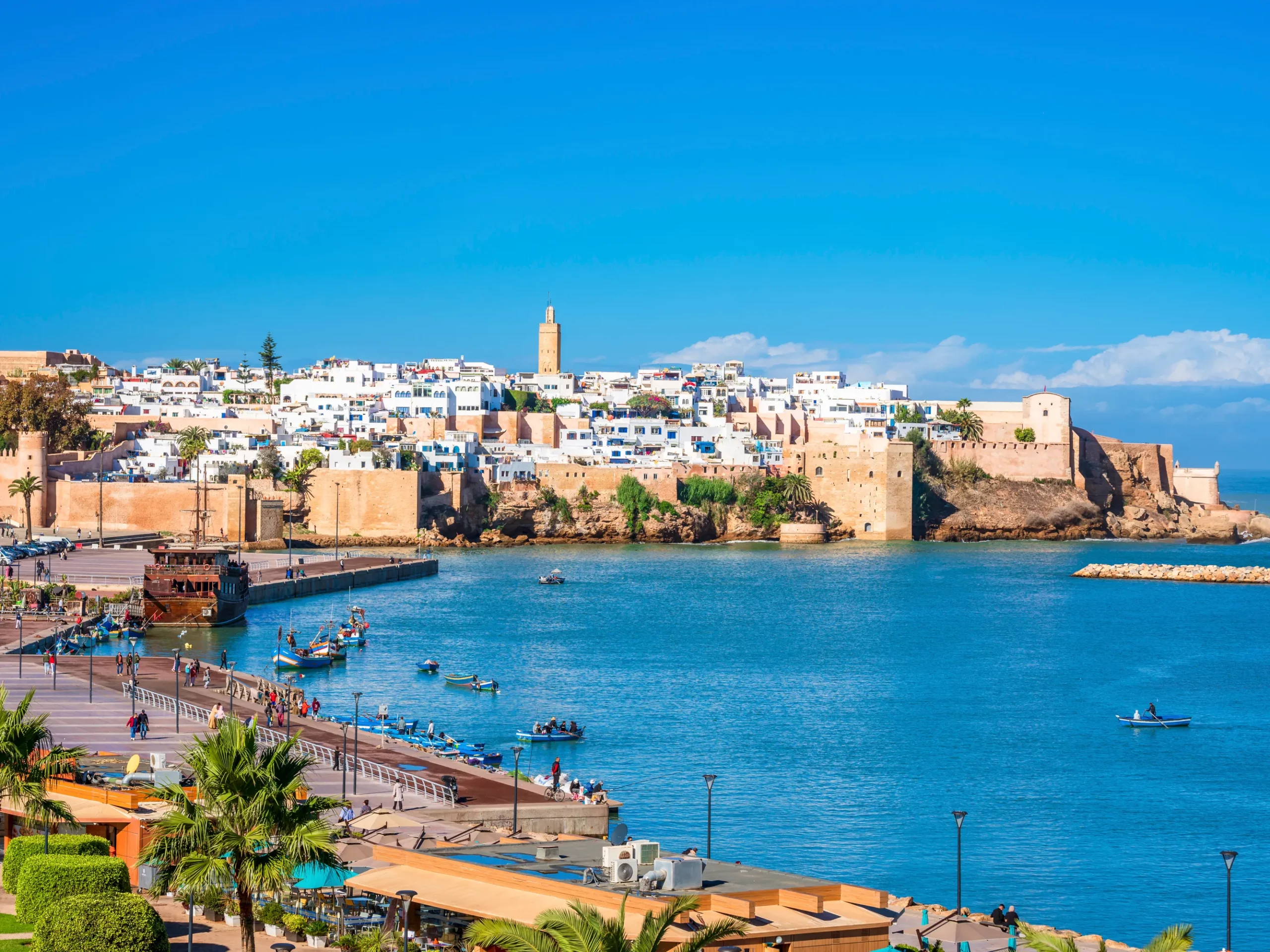

Morocco Among Best Destinations for French Retirees in 2024 (Le Figaro)




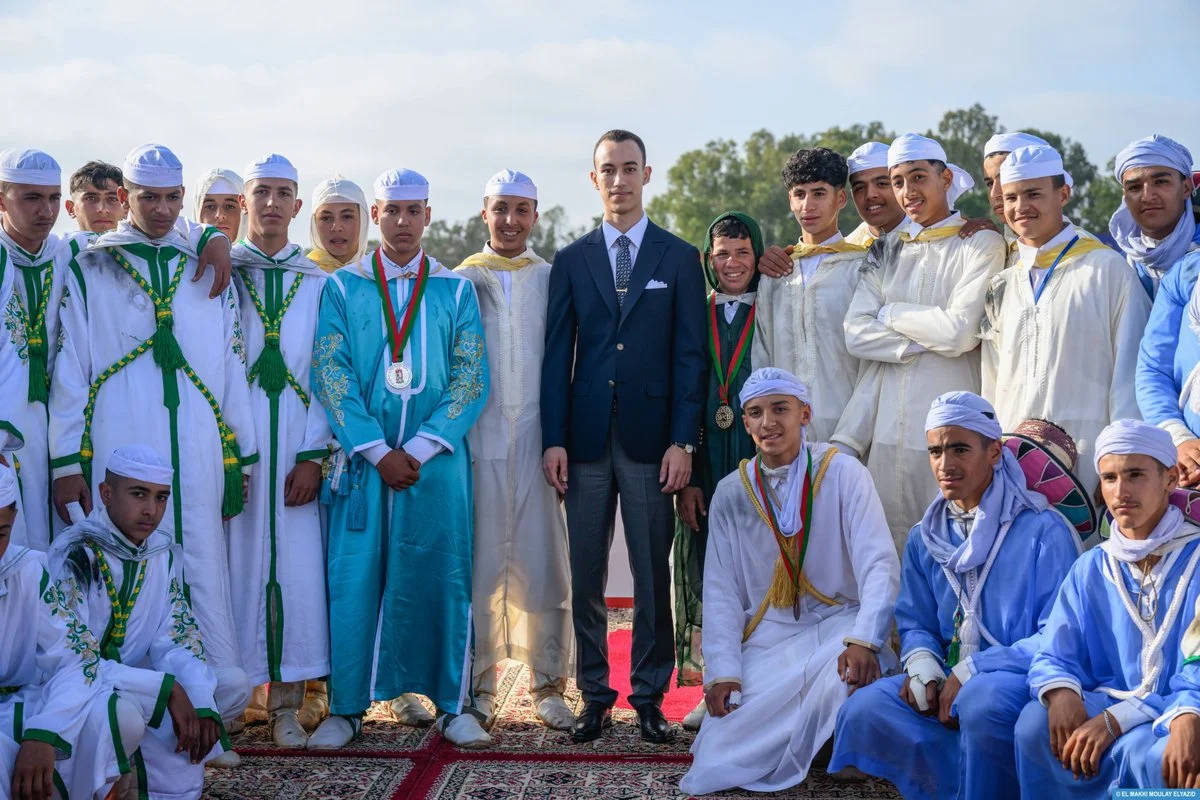

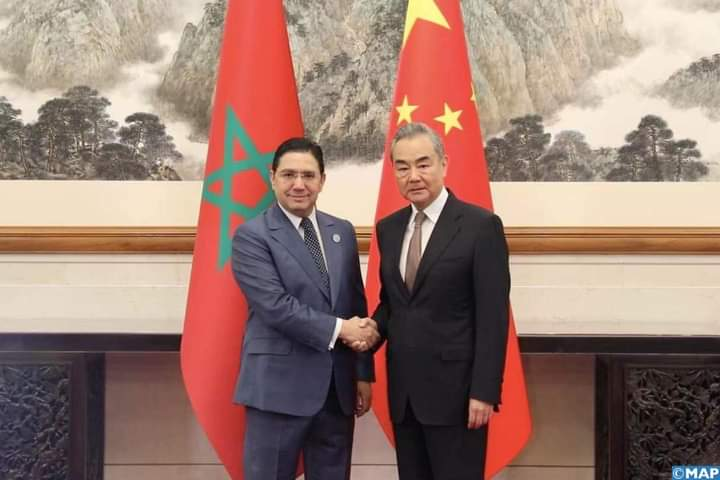
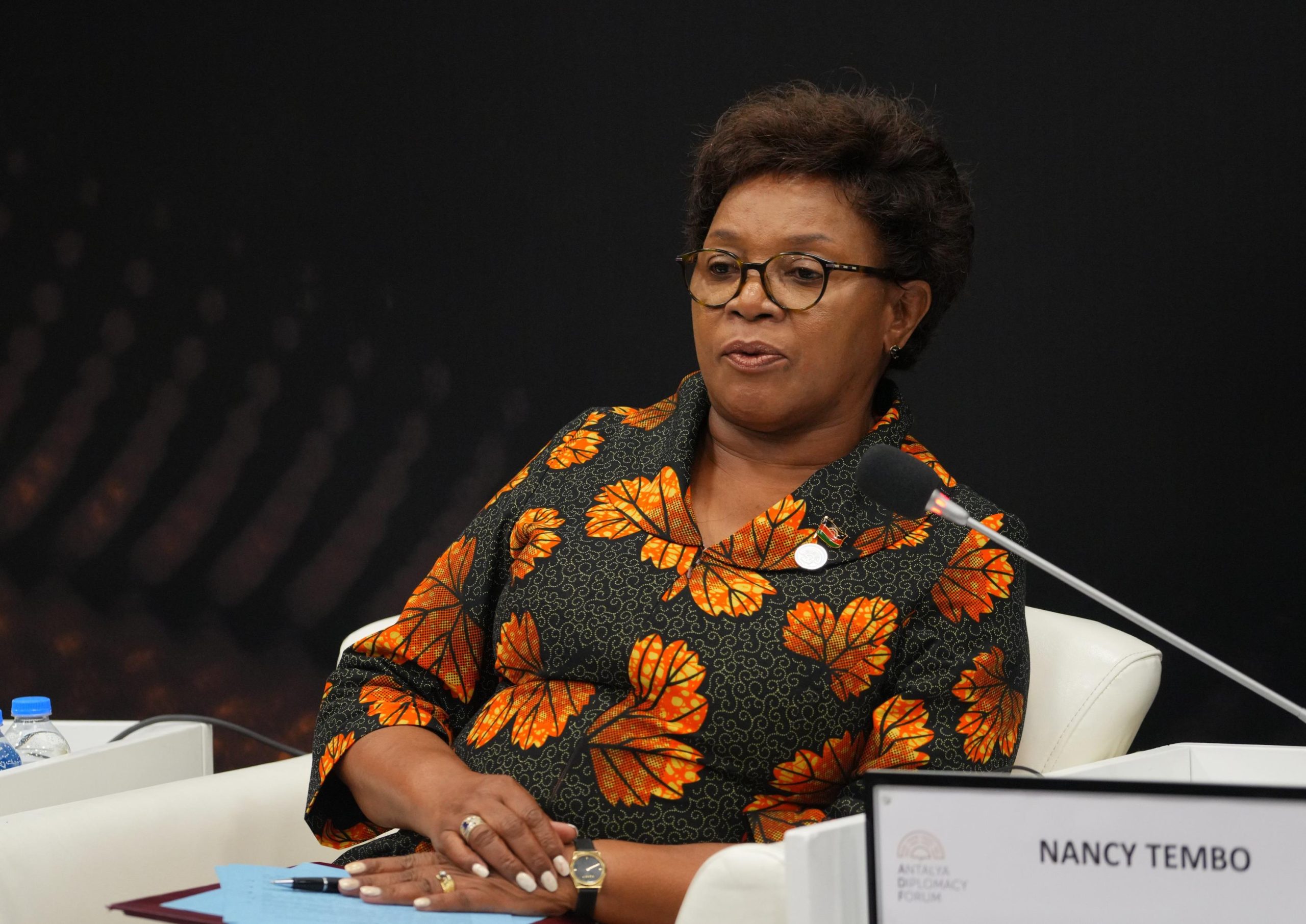
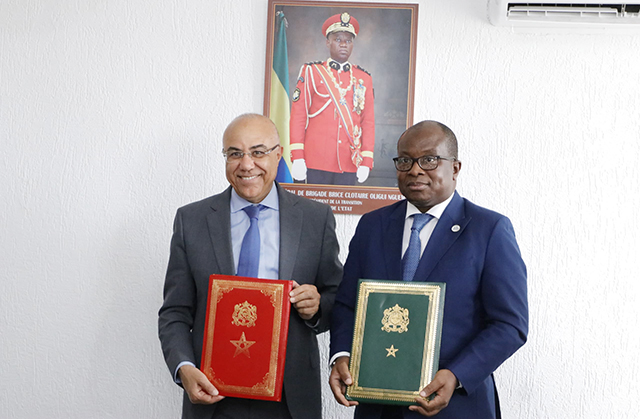
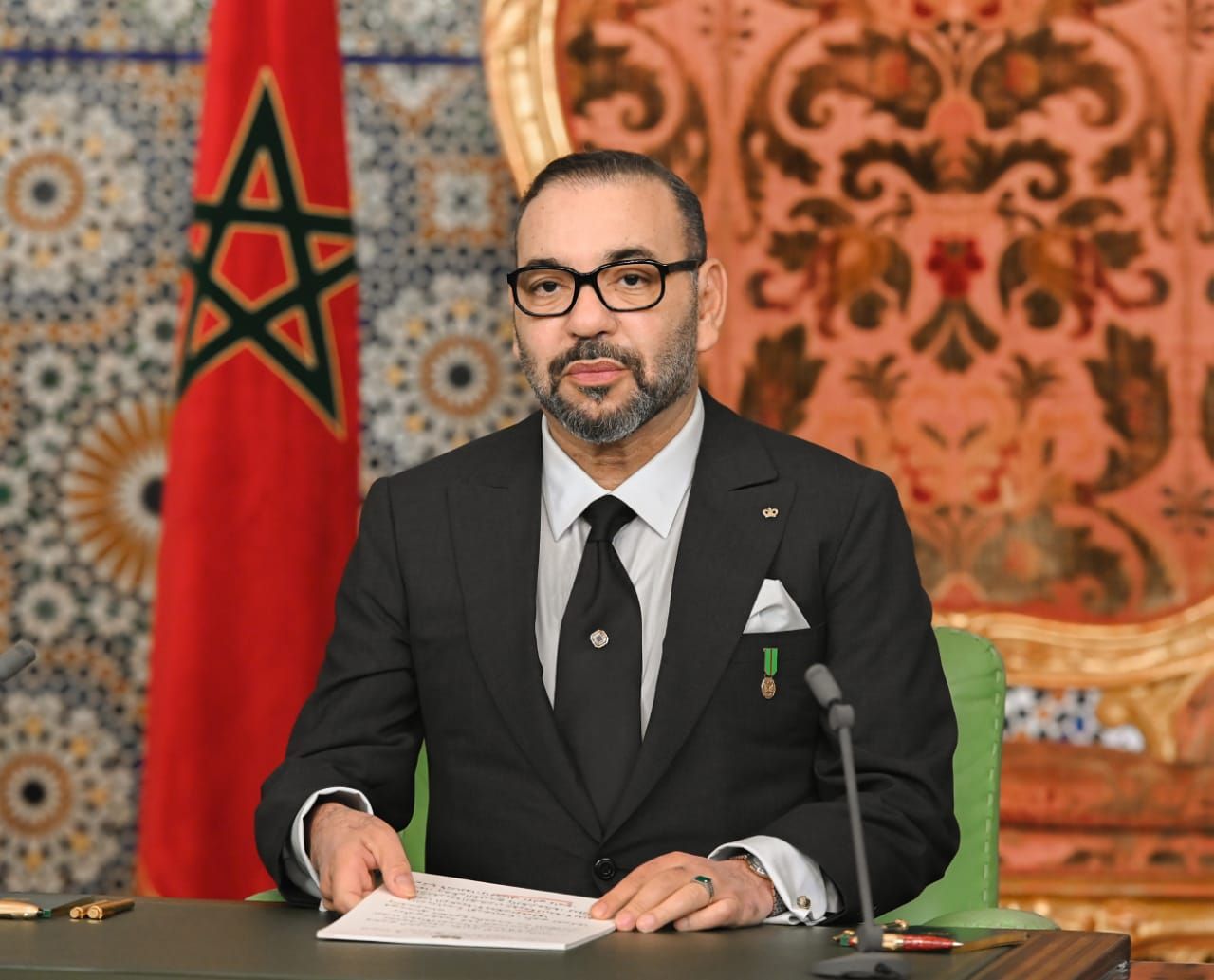
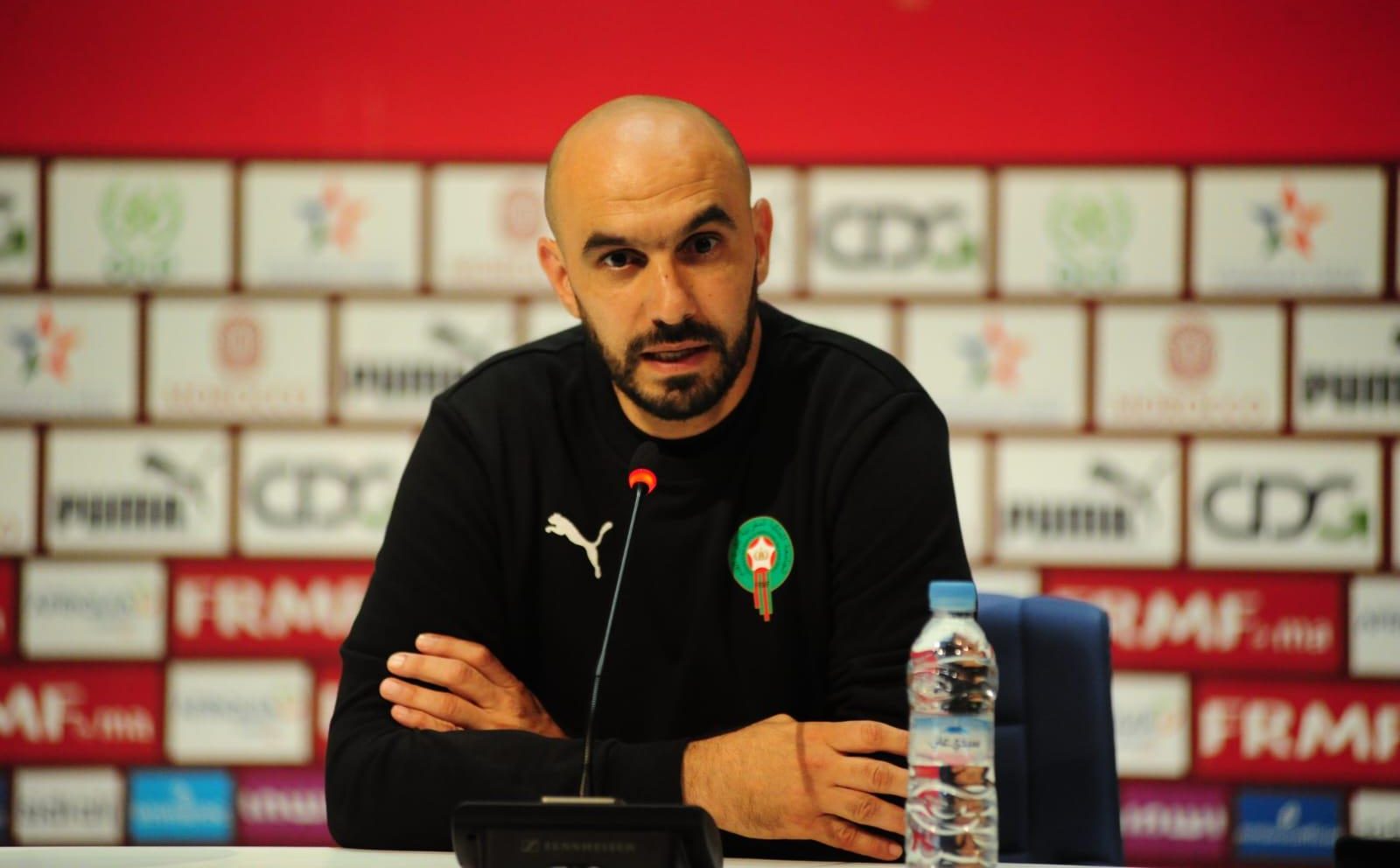
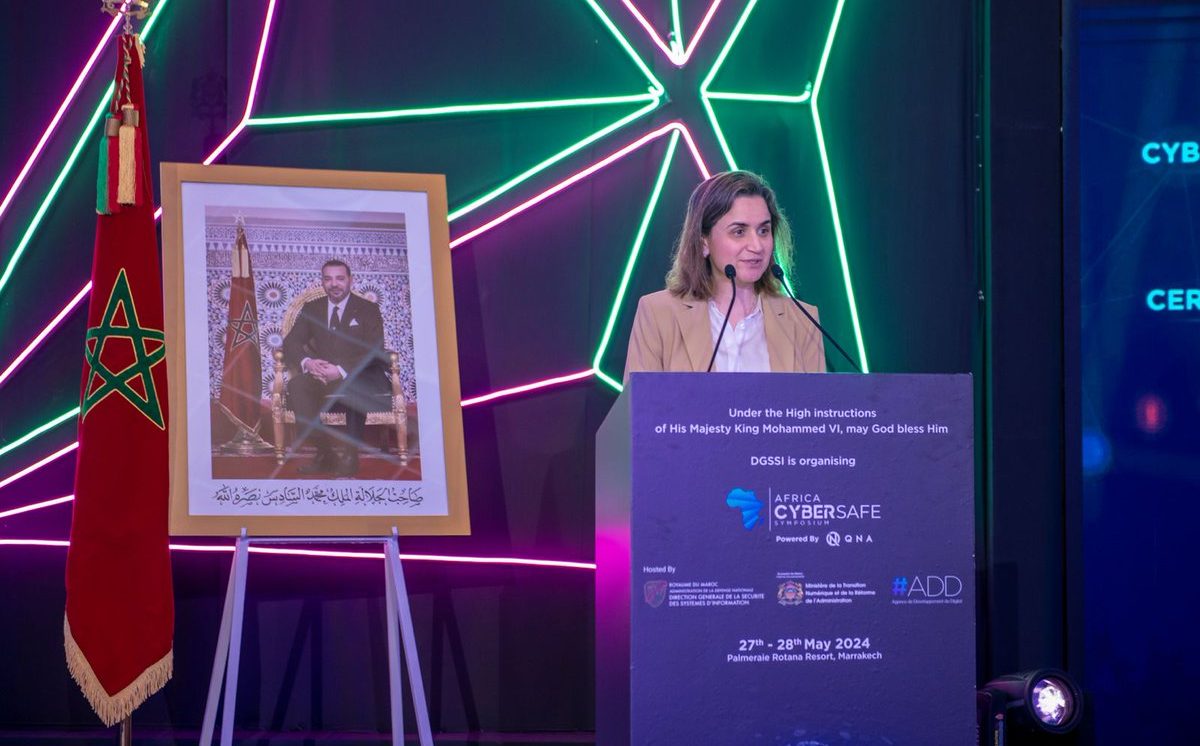
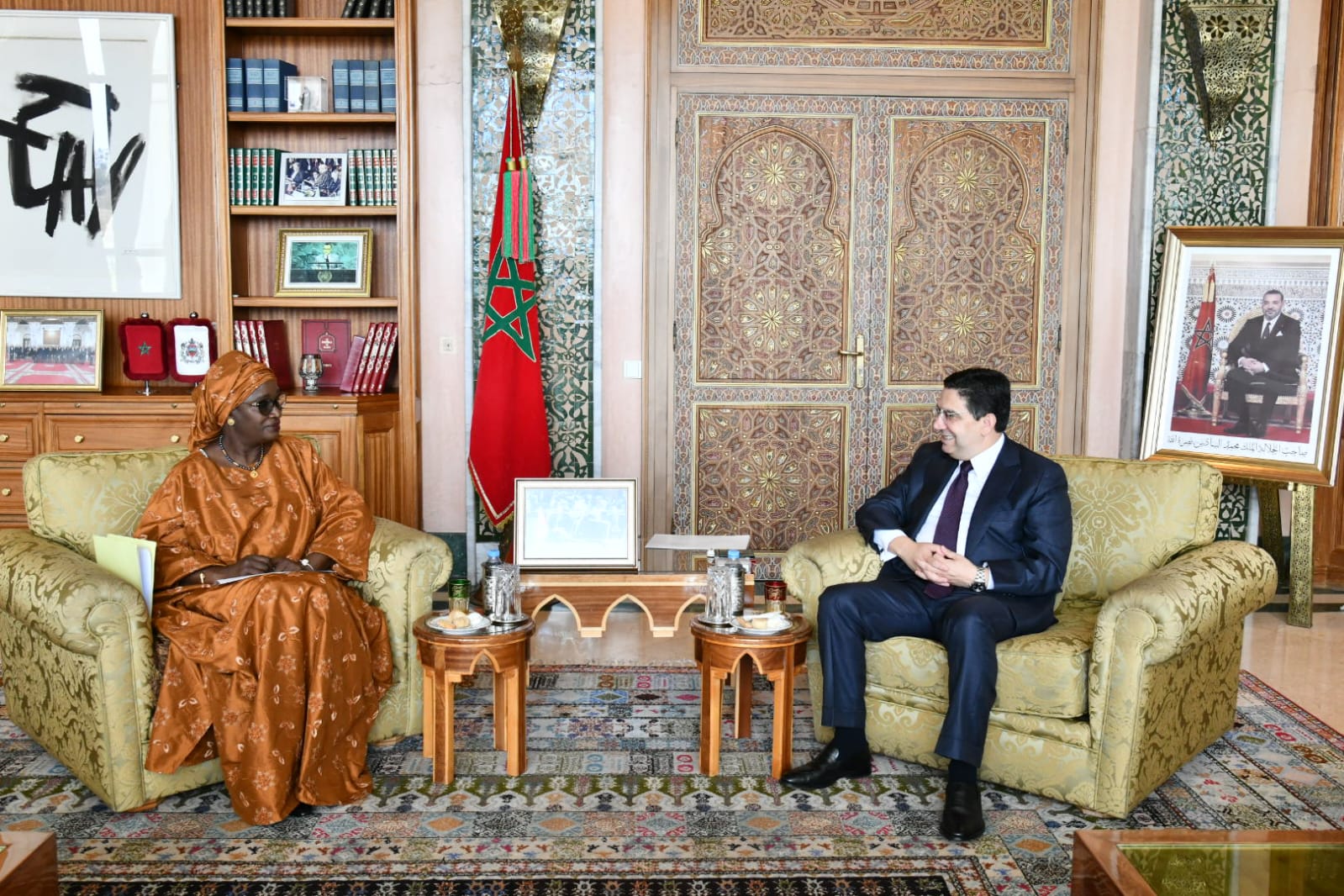
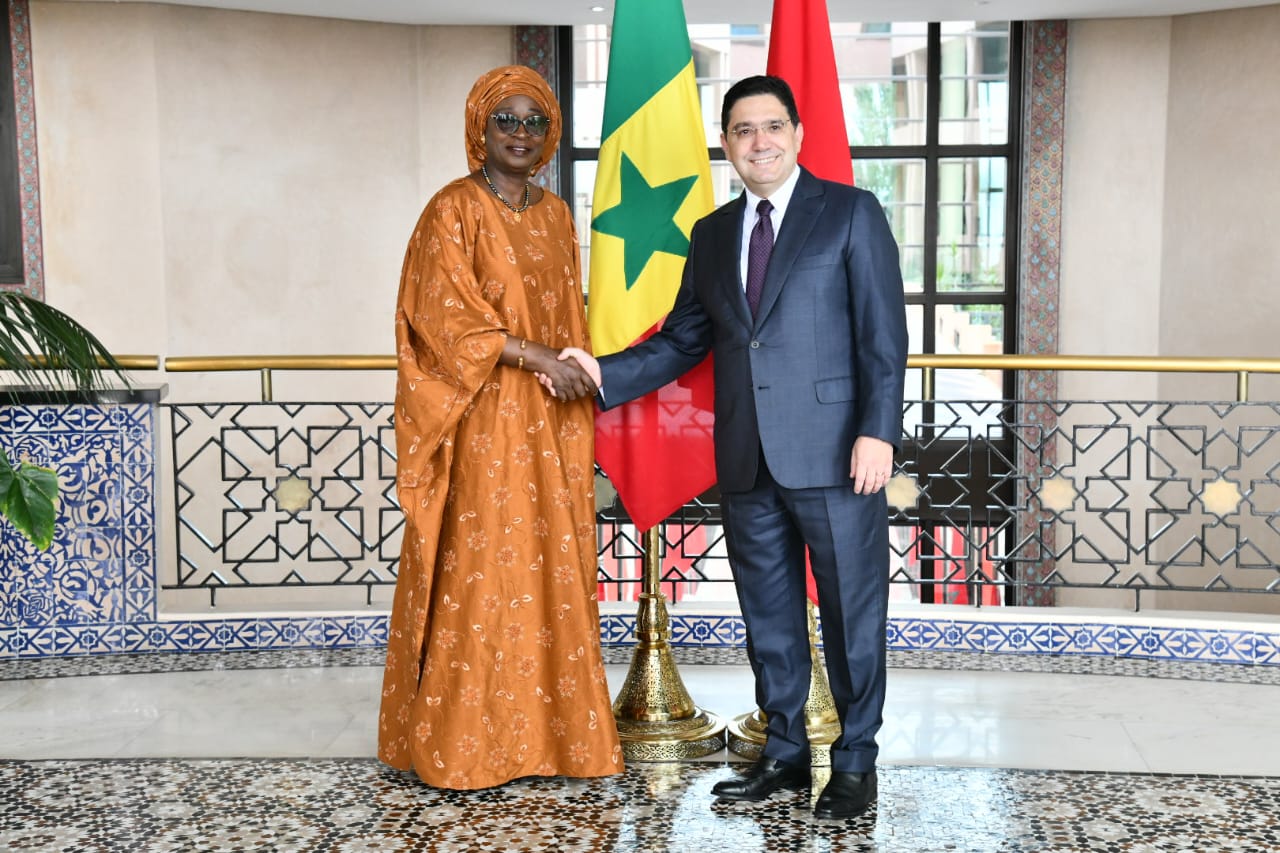
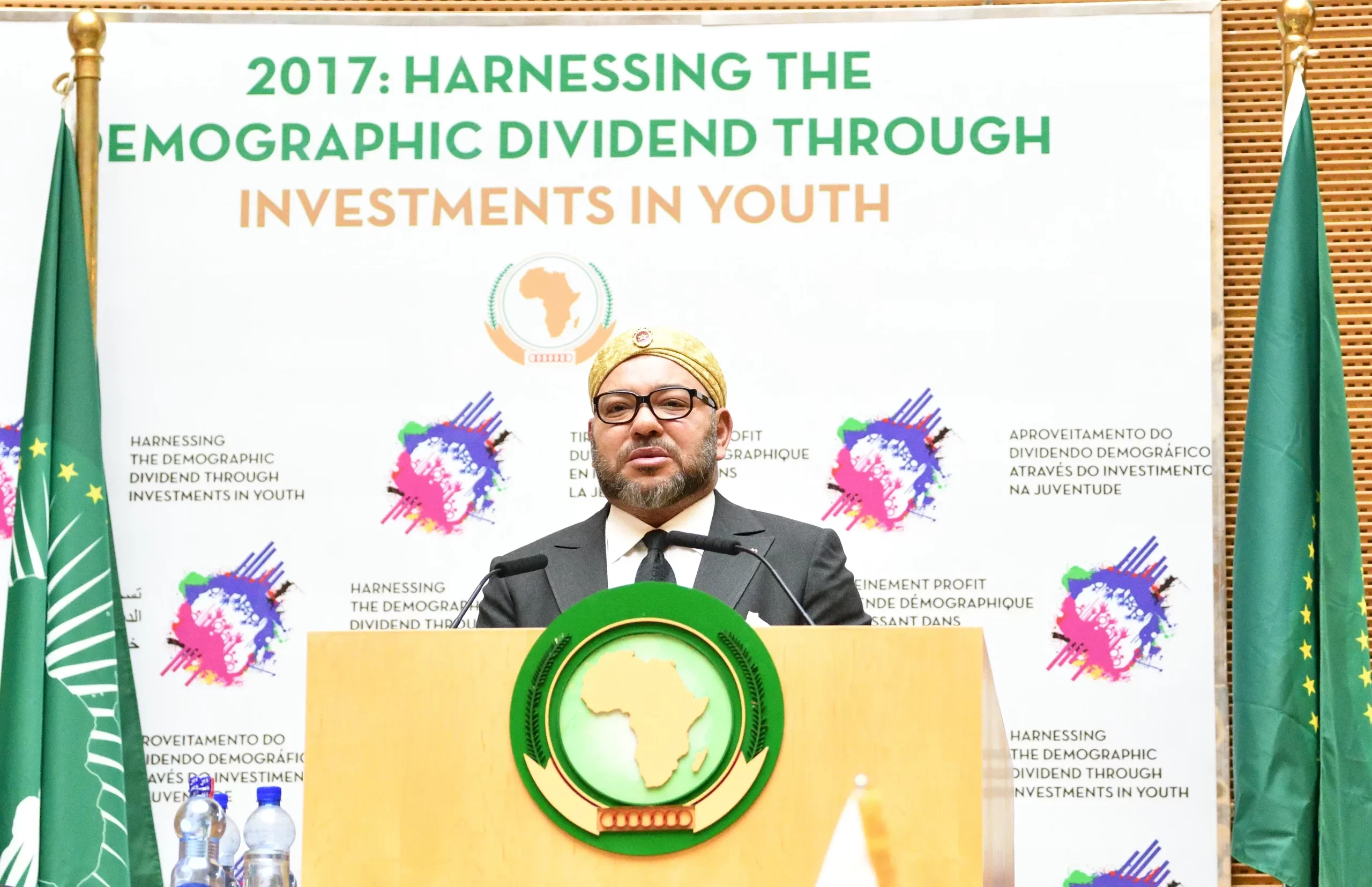
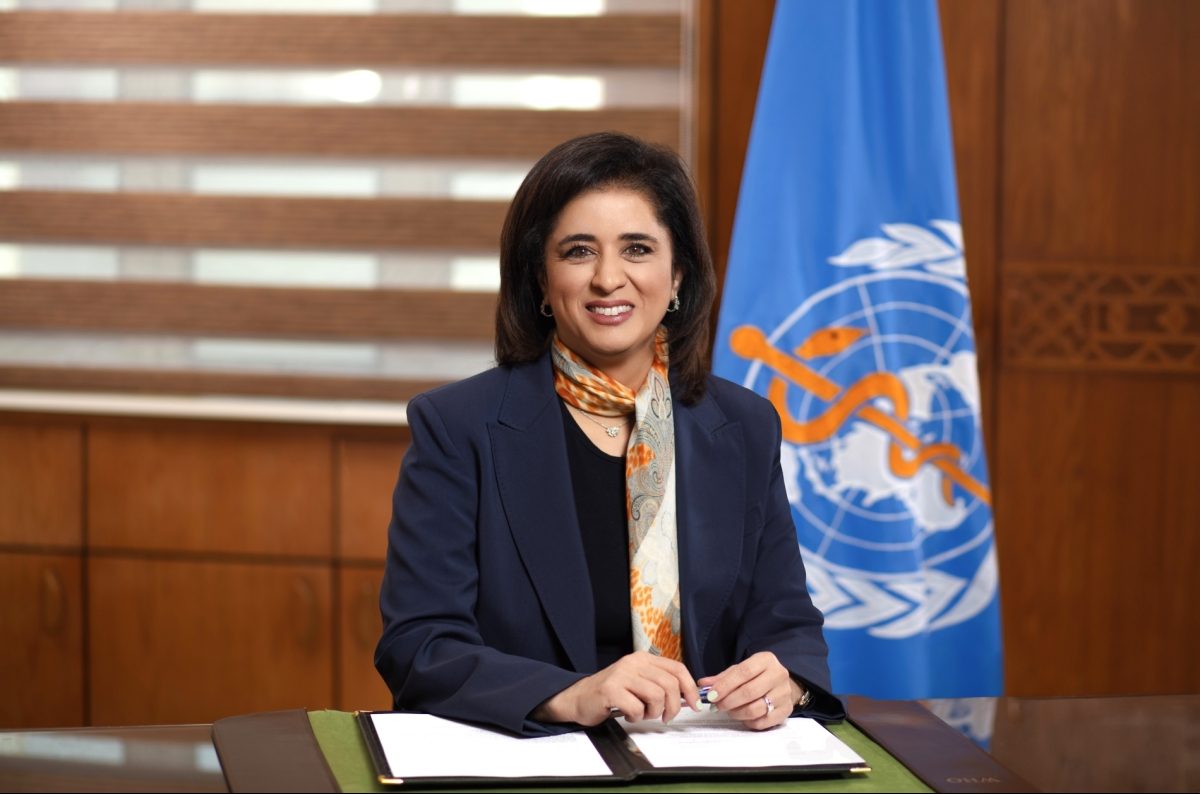
















Althena Media Group
Address:
Kamal Parc Center, Building A. Mohammedia. 28 810 Morocco
Phone Number: +212.710.39.99.99
Email: Contact@moroccoenglishnews.com
Advertising: Ads@moroccoenglishnews.com
Morocco English News is a leading digital news platform based in Morocco.
Morocco English News: See Morocco Differently
Updates and insights related to politics, culture, industry and technology, life and entertainment, Business and Finance.
